
Recommendation
“It’s the same old story.” Well, perhaps it is, but that doesn’t make it any less effective. In fact, explain futurists and storytellers Ryan Mathews and Watts Wacker, the best way to convey your message is to use archetypical story themes derived from human experience. After all, who are Harley-Davidson’s outlaw riders but modern day Robin Hoods? And isn’t Apple just another warrior-like David attempting to defeat a Goliath-like Microsoft by offering the world superior graphics? You can tell a powerful story by learning basic storytelling techniques and crafting them to fit your message. Mathews and Wacker outline these basics, from leveraging themes and shaping your message, to finding the right context, and making it relatable and believable. Ironically, for a book about storytelling it is, at times, convoluted and a bit verbose. Even so, getAbstract suggests it to readers who want their business stories to have happy endings.
Summary
About the Authors
Ryan Mathews is a futurist and an innovative thinker about corporate culture. The CEO of a consulting company, he co-authored The Myth of Excellence. Watts Wacker is a futurist, speaker, director of a think tank, and the author of The 500 Year Delta and The Visionary’s Handbook.










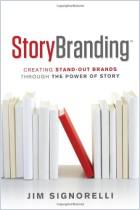
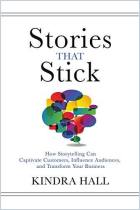
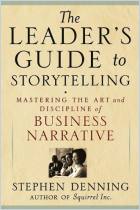
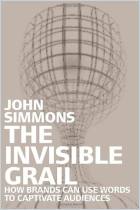

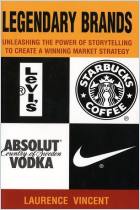







Comment on this summary or Diskussion beginnen